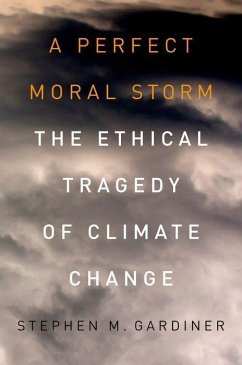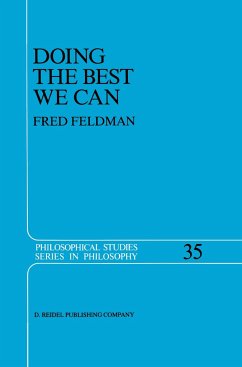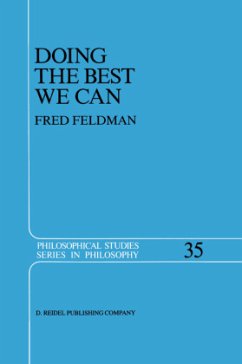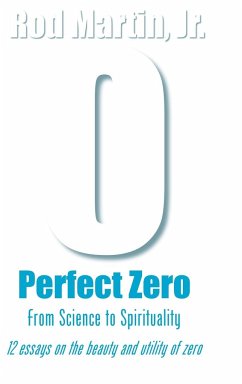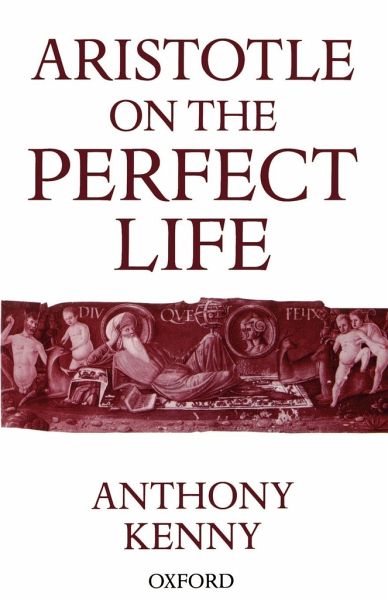
Aristotle on the Perfect Life
Versandkostenfrei!
Versandfertig in 1-2 Wochen
73,99 €
inkl. MwSt.

PAYBACK Punkte
37 °P sammeln!
Aristotle's teaching on the subject of happiness has been a topic of intense philosophical debate in recent years. Did he hold that happiness consists in the exercise of all the virtues, moral and intellectual, or that supreme happiness is to be found only in the practice of philosophical contemplation? The question is vital to the relevance of his ethics today. Anthony Kenny helped to set the terms of the debate a quarter of a century ago. Later, in his book The Aristotelian Ethics (Clarendon Press, 1978), he argued that Aristotle's Eudemian Ethics had no less claim than the better-known Nico...
Aristotle's teaching on the subject of happiness has been a topic of intense philosophical debate in recent years. Did he hold that happiness consists in the exercise of all the virtues, moral and intellectual, or that supreme happiness is to be found only in the practice of philosophical contemplation? The question is vital to the relevance of his ethics today. Anthony Kenny helped to set the terms of the debate a quarter of a century ago. Later, in his book The Aristotelian Ethics (Clarendon Press, 1978), he argued that Aristotle's Eudemian Ethics had no less claim than the better-known Nicomachean Ethics to be taken as a late and definitive statement of Aristotle's position. In this new book he refines his view of the relationship between the two treatises and shows how to reach a consensus on the interpretation of the texts. Aristotle's admirers struggle to read a comprehensive account of the supreme happiness into the Nicomachean Ethics; Dr Kenny argues that those who are prepared to take the neglected Eudemian Ethics with equal seriousness are able to preserve their admiration intact without doing violence to any of the relevant texts.






